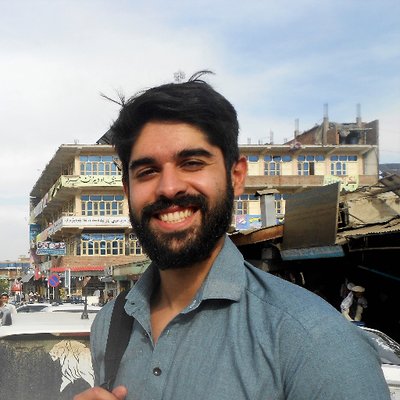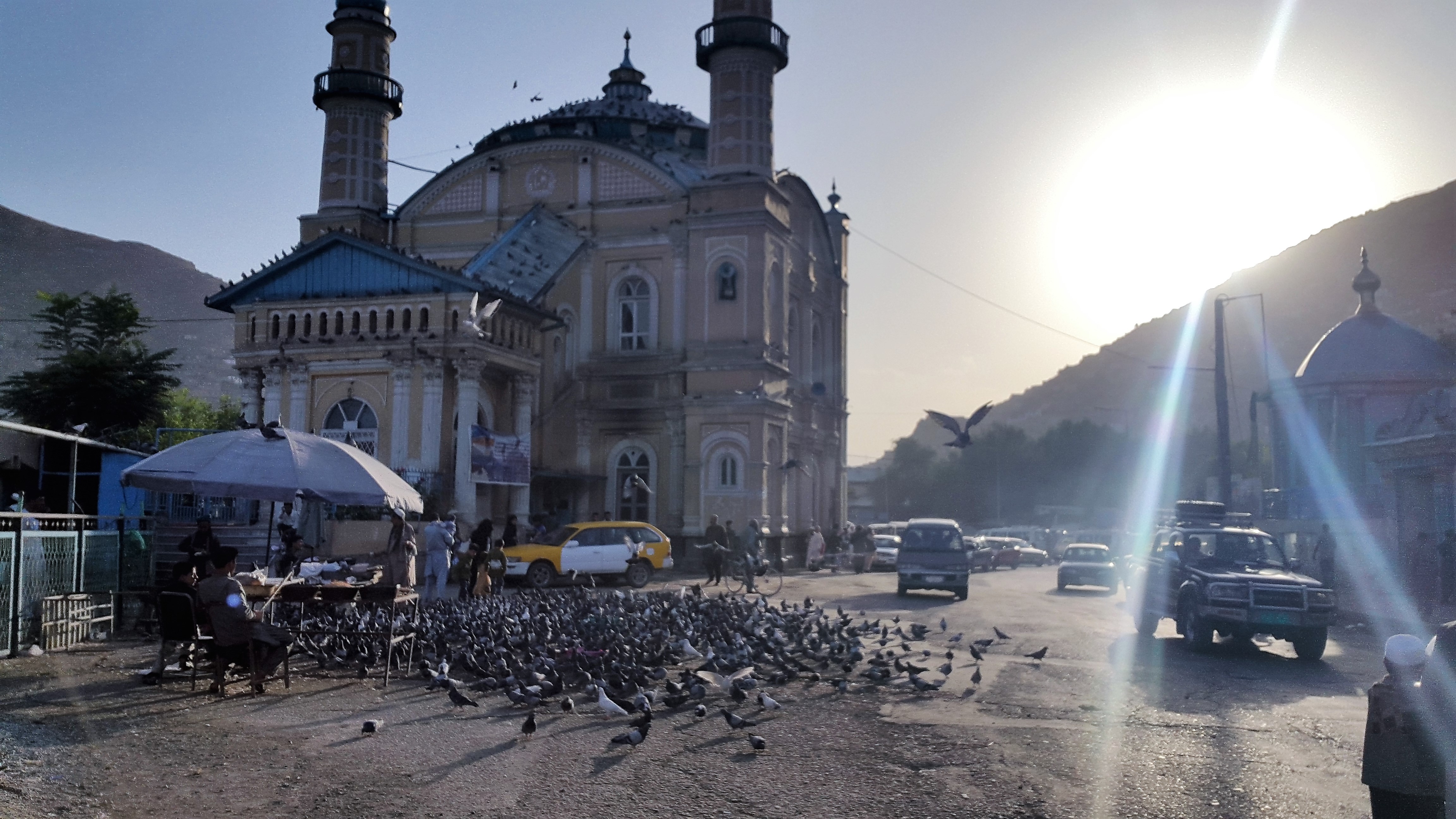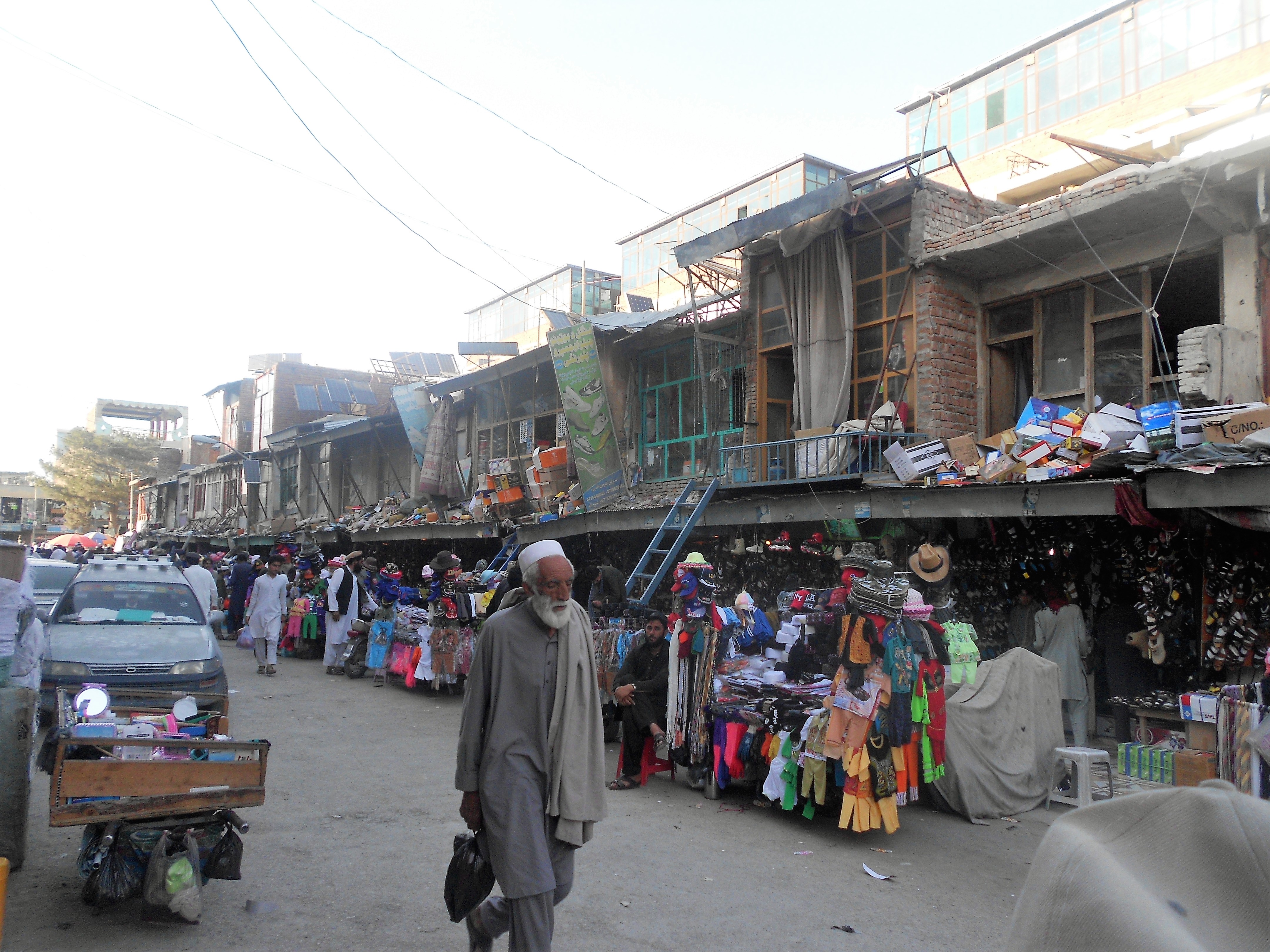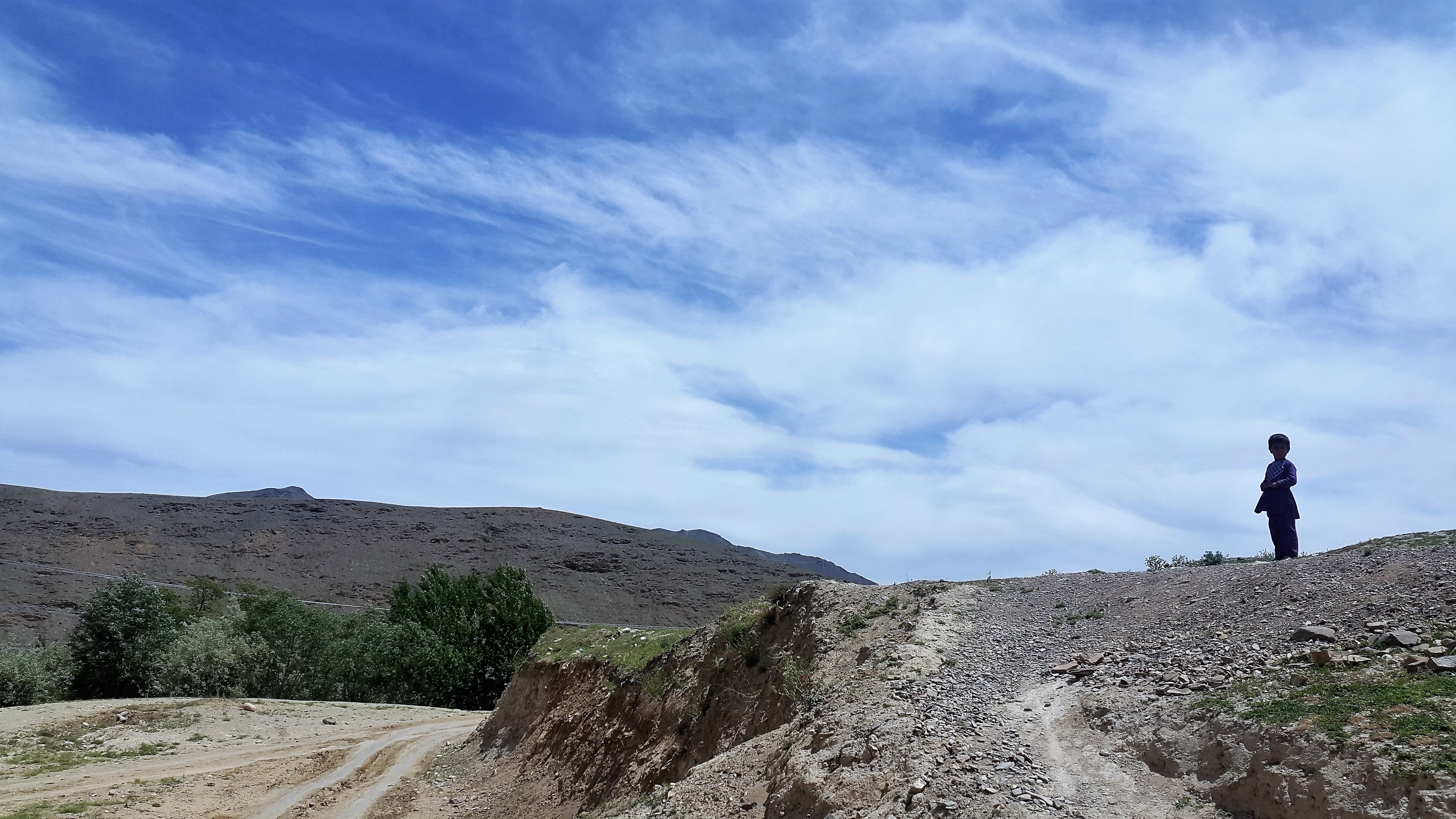In Afghanistan, More Troops Just Means More War

By:
A few weeks ago, I was driving through Kabul — or, to be more precise, I was stuck in the city's typical traffic jam. Both the cab driver and myself were asking ourselves what was going on.
“Maybe another overrated politician who doesn't want to drive among us poor folks," the cab driver said. But this wasn't the case. Instead, two U.S. tanks became visible.
“These bastards. Who do they think they are?” the cab driver shouted angrily. His anger was understandable. U.S. military vehicles are popular targets for insurgent groups such as the Taliban, and an attack on them in the middle of a city would also harm a lot of civilians; people like us who were just driving by. U.S. and NATO troops, stationed in the country since 2001, are aware of this reality. In the past, their heavily armored vehicles often remained unharmed while innocent Afghans — cab drivers, food vendors, students or beggars — were killed or injured.
 /Emran Feroz
/Emran Feroz
Now, the Trump administration is reportedly preparing to send another 4,000 troops to Afghanistan, bringing the total stationed there to roughly 14,000. It seems that the White House believes this would change the reality on the ground. But for many Afghans, it's clear that more troops would only mean the continuation and exacerbation of the war they are so tired of.
Afghanistan's history makes clear that a military solution to its conflict, especially one imposed by soldiers and politicians from Western countries, isn't possible. There used to be more than 100,000 American soldiers in the country. And were they able to achieve a lasting peace? Absolutely, not.
In increasing troop levels in Afghanistan in the first year of his presidency, Trump is following in the footsteps of his two presidential predecessors. George W. Bush's administration led the initial invasion and occupation, and President Obama had pushed troop levels to nearly 100,000 troops by August of 2010.
Instead, the foreign occupation — yes, Afghanistan is an occupied country — has made the insurgency stronger. Afghans have a record of opposing foreign invaders, whether they're from the United States, Britain, or the former Soviet Union.
 /Emran Feroz
/Emran Feroz
It's not just the mere presence of foreign troops that fuels war, but what those troops have done: carried out all kinds of airstrikes, including on a hospital run by Doctors Without Borders; carried out brutal nighttime raids on civilian homes; and tortured detainees at Bagram Airbase, a place so notorious in Afghanistan that Guantanamo is considered a haven by comparison.
Those people who live in Afghanistan's rural areas know best the impact of foreign intervention, and, in my experience, it's not that hard for the Taliban to recruit there. As those who join the insurgency see it, they're fighting the Americans just like they fought the Russians during the 1980s, or like their grandfathers fought the British during the Anglo-Afghan wars. Indeed, we can be sure that those anti-colonialist fighters who once fought the British Empire would've been hunted, nowadays, by drones.
 /Emran Feroz
/Emran Feroz
During the Cold War, when Afghans were fighting the Soviet occupation, those fighters were deemed heroes in the West, lionized as freedom fighters by former President Ronald Reagan and immortalized in films like "Rambo." That Afghans would in turn resent, and indeed fight, U.S. and NATO soldiers, for the same reasons they resented and fought previous occupiers, is a lesson that should have been learned.
Just a few days before this latest announcement of more troops, U.S. soldiers were on many Afghans' lips again. Last week, U.S. soldiers killed a father and his two little sons in Nangarhar province in the country's east. The Afghan family was preparing for the Suhur meal, which is consumed by religious Muslims before fasting in the Islamic month of Ramadan, when they were shot by the soldiers. The U.S. military later claimed that the triple homicide was an “act of self-defense," the attack taking place after a roadside bomb went off.
With each side — soldiers and insurgents — believing they're acting in defense of themselves and their respective countries, adding more troops appears destined to only generate more war.
